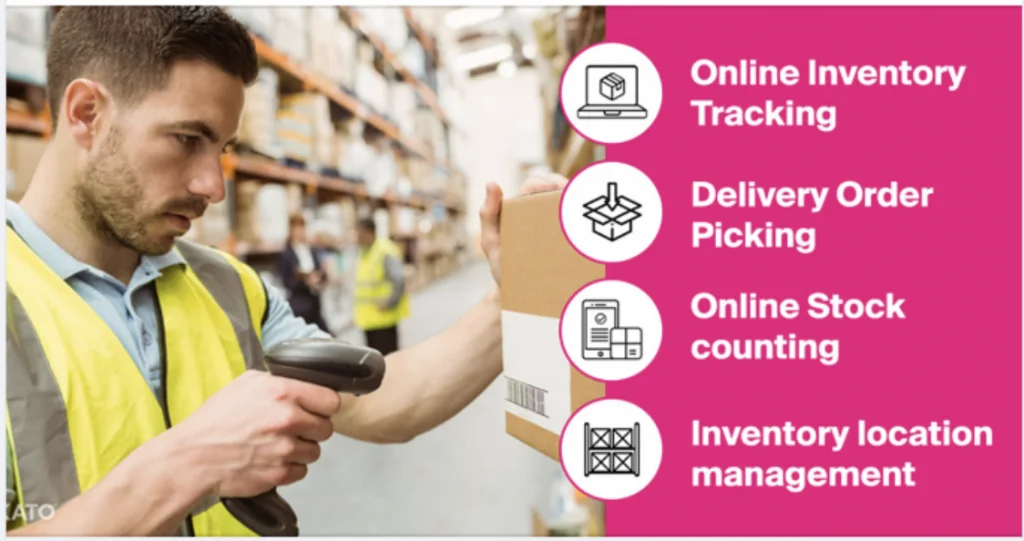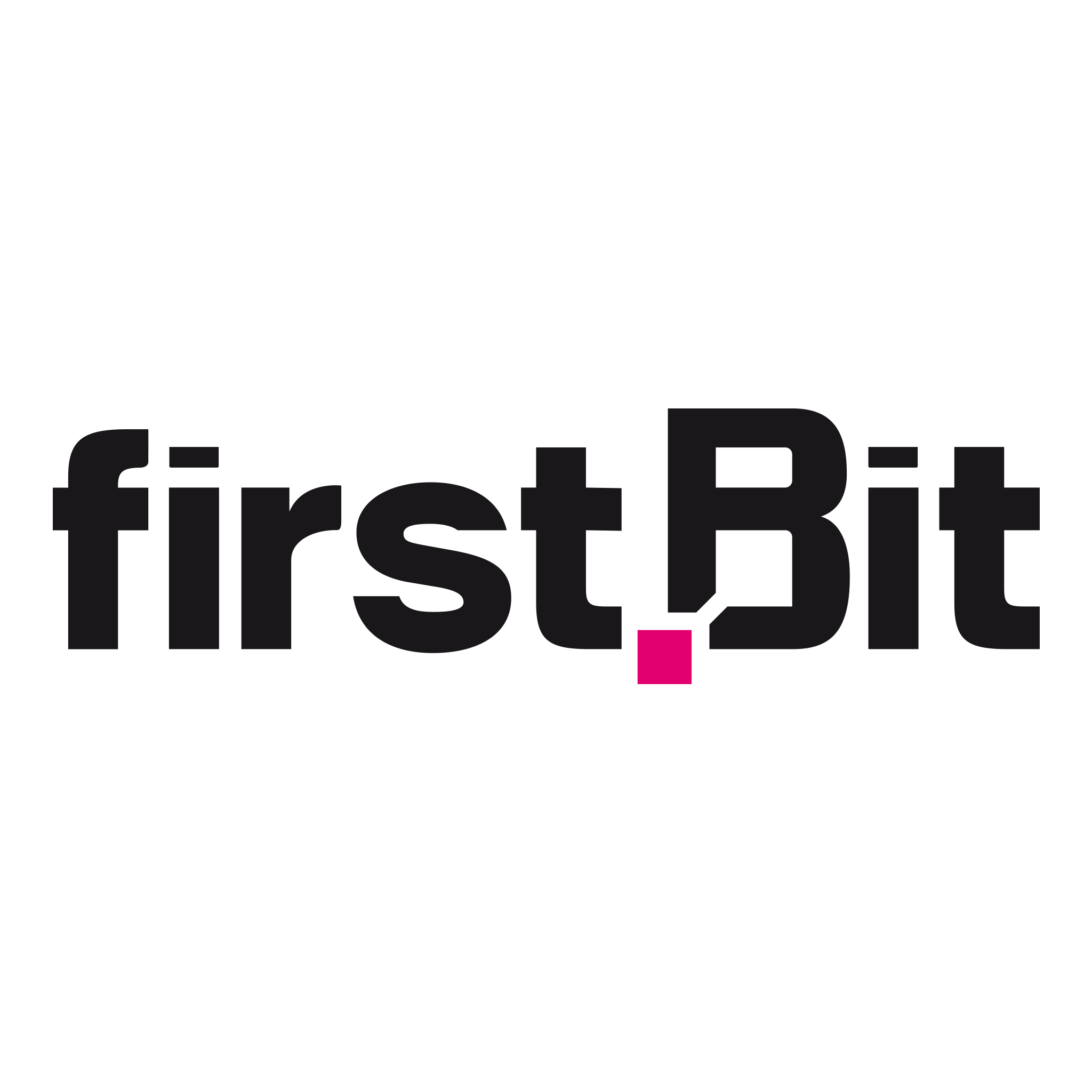
Over the last two decades, there has been a significant rise in the demand for advanced business solutions that empower, organize, and optimize business operations. However, when it comes to selecting the best one among hundreds, it is necessary that we first gain a thorough understanding of the product– its features, purpose, cost, flexibility, reliability, and so on.
Two leading enterprise solutions that E-commerce companies or logistics companies widely use are Warehouse Management System (WMS) and Enterprise Resource Planning (ERP) software. However, because of their overlapping functions, choosing between these two is often challenging.
WMS (Warehouse Management Software)
WMS, which stands for Warehouse Management System, is a set of processes that are designed to efficiently organize and optimize warehouse functions so that the facility can operate at maximum efficiency and meet its objectives. Some of the typical functions of WMS are:
-
Monitor the stock levels of various materials and products
-
Record the exact location of the warehouse
-
Make the best use of available warehouse space
-
Coordinate multiple warehouse tasks to improve efficiency
-
Order processing from beginning to end
-
Periodic analytics and reports
Warehouse management software is used in a wide range of industries, including retail, manufacturing, logistics, E-commerce, hospitality, and others. Also, bear in mind that WMS can be a standalone application or a separate Inventory module within a larger Enterprise Resource Planning (ERP) system.
Enterprise Resource Planning (ERP) Software
ERP, which stands for Enterprise Resource Planning, is software that is designed to manage and integrate a business's multiple systems, applications, and processes into a single system. In other words, ERP is system software that connects all of a large organization's different systems into a single system. ERP's primary functions include:
-
Integrating all of the organization's systems and processes
-
Finance, accounting, and payroll management
-
Human resource management and workforce management
-
Inventory, warehouse, and order management
-
Supply chain management
-
Customer relationship management
Besides that, there are three types of ERP: 1. Cloud ERP ERP software; 2. On-premise ERP software; and 3. Hybrid ERP system. Companies can select one of these options based on their requirements, budget, and goals.
WMS Vs ERP: The Key Differences
The following are some of the key differences between ERP and WMS:
A. The purpose: Whereas WMS manages and tracks inventory item movement and storage, ERP organizes and integrates business processes and facilitates the flow of information across the organization.
B. Application Scope: The second key difference between ERP and WMS is their applications. On the one hand, WMS is only used for inventory and stock management. In contrast, ERP is used for a wide range of business applications such as product planning, finances, manufacturing, supply chain, sales and marketing, and so on.
C. Usability: The third difference between WMS and ERP is their usability. On the one hand, WMS is only suitable for businesses that deal with warehouse, inventory, and stock-related functions, whereas ERP is suitable for all types of manufacturing industries.
D. Software Type: WMS (Warehouse Management System) is a stand-alone application that can be integrated with other software such as ERP. On the other hand, ERP (Enterprise Resource Planning) software is an integrated solution that supports all modules.
These are the four primary differences between ERP and WMS. As you can see, the scope and applications of ERP are far more extensive than those of WMS.
The Advantages and Disadvantages of ERP Vs WMS

WMS and ERP, like any other technology or solution, have their own set of upsides and downsides. Let's take a brief look at each of their benefits and drawbacks individually.
Pros of WMS Software
-
A comprehensive solution for warehouse and inventory management
-
Provide real-time and improved inventory visibility.
-
Optimal utilization of available warehouse space and resources
-
Empower the workforce to better manage requirements and achieve goals.
-
Ensure timely and end-to-end order processing
-
Monitor the stock levels of various materials and products.
Cons of WMS Software
-
Limited application- can only be used for warehouse operations
-
Complex solution for first-time users
-
WMS ERP integration– Being a stand-alone system, WMS must be integrated with other enterprise systems such as ERP
Pros of ERP Software
-
A holistic solution manages and integrates all of the organization's systems and processes into a single system.
-
Provides real-time visibility into each department's performance, goals, and challenges.
-
The real-time and informative data enable the management to devise a master strategy as well as fine-tune specific processes and strategies as needed.
-
ERP, when used correctly, can be a beneficial solution for any organization looking to organize process flow, reduce operational costs, and optimize resource utilization.
-
Can manage more than just the warehouse, such as finance and accounts, supply chain, human resources, payroll, marketing, and so on.
Cons of ERP Software
-
The initial cost of ERP implementation may look a bit high. However, considering the long-term benefits, it is worth investing in.
-
Need a knowledgeable, technically sound person to efficiently manage the system.
-
No immediate results; it may take months to see some tangible results.

Which Is Better for Your Business: ERP or WMS?
Well, as we learn in the previous section, each of these enterprise solutions- ERP and WMS- has its own set of advantages and disadvantages. For example, ERP software is a comprehensive solution with a wide range of applications and scope, but it has a high initial implementation cost.
Similarly, WMS can be an ideal enterprise solution for businesses such as E-commerce, logistics, and retail that require only a warehouse management solution. However, it can not be recommended for large enterprises with multiple applications and looking for a comprehensive solution that integrates all of these systems into one.
Nevertheless, if you ask us, we recommend that if you are a small-scale organization or a new business, go with the WMS (Warehouse Management System) since you might have very few to no other systems in place at the time.
But, if you are a medium or large-scale organization that uses a variety of business applications and systems and has a complex process flow, we recommend that you use ERP (Enterprise Resource Planning) software, as it is a 360-degree enterprise solution for all sizes of companies.
However, this does not imply that you should only invest in ERP if your company is medium or large. You can certainly choose ERP for a small business as well if you have the required budget and sound workforce.
Get Started with FirstBit ERP System
FirstBit is a BI-powered, FTA-accredited, customized ERP solution designed to address, manage, and optimize complex enterprise problems in finance, accounting, human resources, product, warehouse, inventory, and other areas.
The software is suitable for all sizes of businesses, including small, medium, and large enterprises, and it is available for both on-premise and cloud deployment. So far, over 27,000 companies have partnered with FirstBit, and the majority of them have witnessed significant benefits from this ERP solution.
To learn more about FirstBit, its benefits, and its compatibility with your business, visit the website or schedule a demo with their experts.
of your processes and scale your business with FirstBit ERP now!








